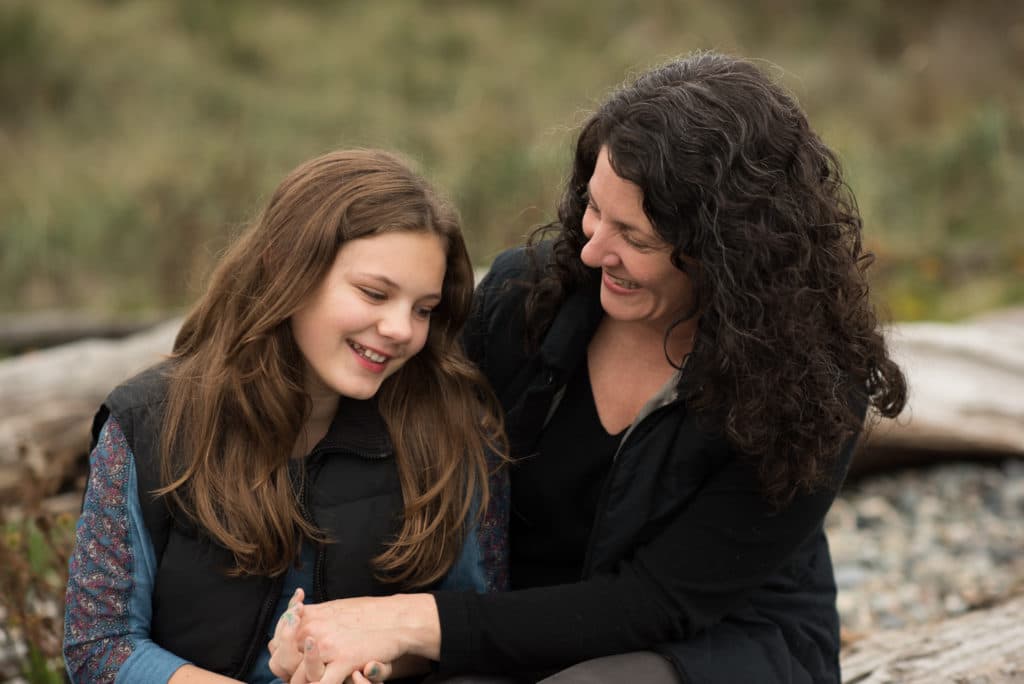In late 2016, I earned my professional photographer certification (CPP) from the Professional Photographers of America. I was excited to receive this distinction; especially because I had worked darned hard for it.
In order to be certified, a photographer must pass a written exam about the technical aspects of photography, and then she must submit a portfolio that demonstrates technical proficiency applied across many paid client sessions. This is something that sounds simple, but when it comes down to it, there are many details consider, and in my case it took many months to assemble an appropriate group of images.
Each candidate is required to submit a portfolio of 15 unique images. The first six must fit within the compulsory guidelines showing a standardized technical proficiency that all professional photographers, regardless of specialty, should know. These images may come directly from some of your existing work or you can create new images specifically for the submission.
The remaining nine images must each come from different photographic assignments in the last 24 months.
How are portfolios judged?
Images and portfolios are reviewed by a panel of CPP judges. All CPP Judges are required to attend an annual judges training course before judging commences for the year. Judges are rotated per Image Submission with a panel of 5 CPP Judges per round. CPP Judges consist of CPP Liaisons, Certification Committee members and active Certifieds in the industry.
It’s a rigorous process, and it doesn’t end here. I’ll need to complete the PPA continuing education requirements and I’ll need to recertify in three years.
So clearly, becoming a CPP is important to me, but what does it mean for you?
For you, CPP means consistently better photographs. You will find that my lighting, composition, and style is solid every time. You will see that I am in control of the situation, no matter what might get thrown our way.
Here are examples so you can see the difference.
